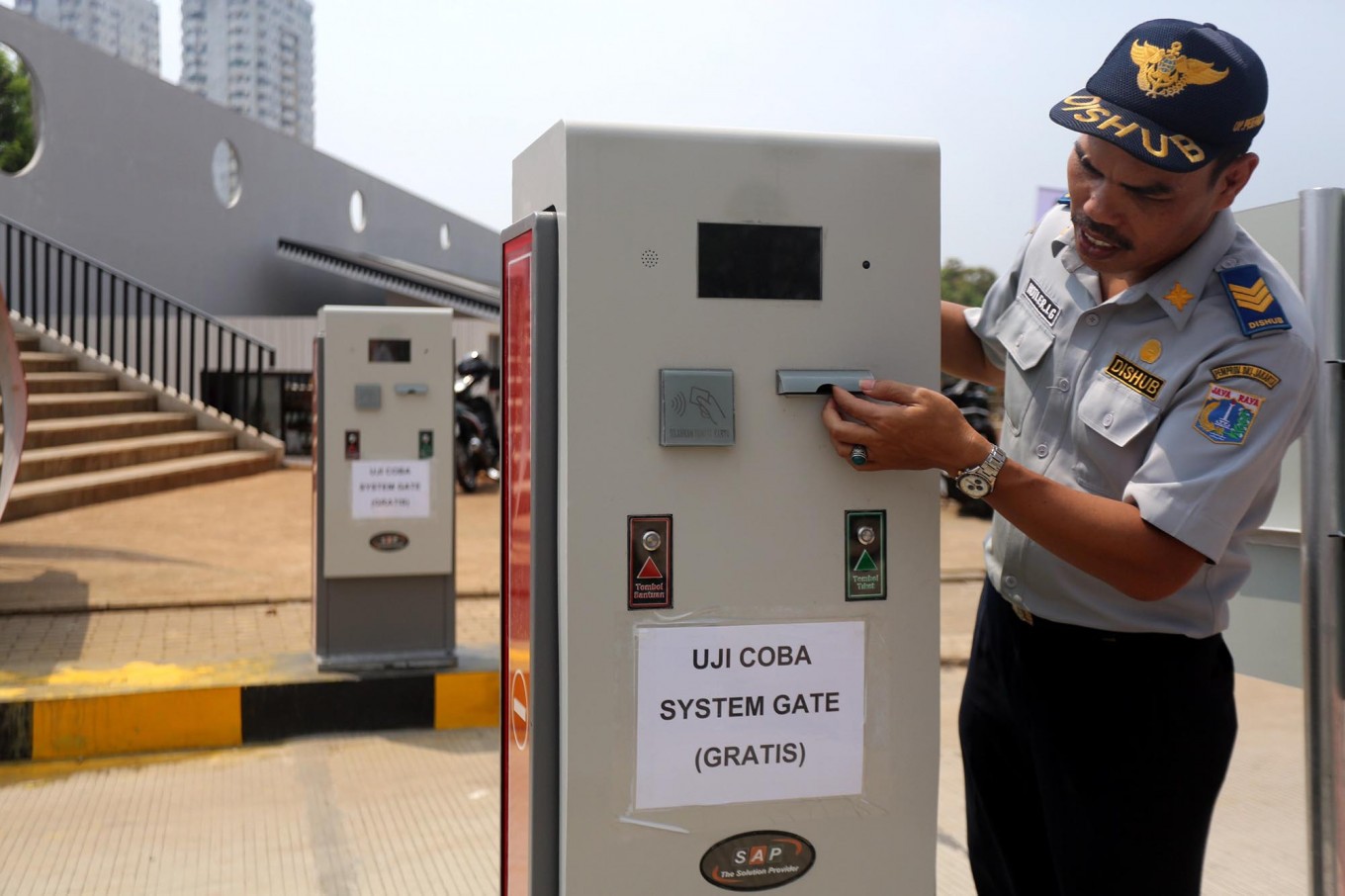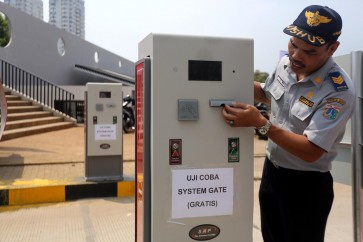Popular Reads
Top Results
Can't find what you're looking for?
View all search resultsPopular Reads
Top Results
Can't find what you're looking for?
View all search resultsStrengthening new paradigm of regional taxes and retributions
The belated controversy over the entertainment tax rates show that the central government, in particular the financial and home ministries, must take an active role in building the capacities of regional administrations to draft implementing regulations that involve meaningful public participation.
Change text size
Gift Premium Articles
to Anyone
S
everal petitions for judicial review have been filed with the Constitutional Court regarding Law No. 1/2022 on central-regional fiscal relations (HKPD). If the petitions are accepted, this law as well as hundreds of regional regulations on regional taxes and retributions will have to be revised.
The lawsuits followed controversy over sharp increases in entertainment tax rates in the first two months of this year. Businesspeople operating in the sector protested the taxes on types of venues such as discotheques, karaoke, nightclubs, bars and steam baths and spas, which were set at a minimum 40 percent and maximum 75 percent in Article 58, Section 2 of the fiscal relations law.
These very burdensome tariffs could kill entertainment businesses and are deemed contrary to the government's efforts to enhance growth of both the sector and the economy. The majority of the lawsuits therefore demand that the relevant objects of entertainment be given the same rate as other entertainment services, namely a maximum 10 percent as regulated in Article 58, Section (1) of the law.
Meanwhile, the government and legislators argue that the higher tax rates had been discussed with stakeholders, analysts and the general public, which considered the high taxes as a form of “sin tax”. The government claims that, in fact, a tax rate of 75 percent is regulated in the previous policy (Law No. 28/2009).
Regional Autonomy Watch (KPPOD) has noted that apart from the entertainment tax, the fiscal relations law still raises a number of issues pertaining to Law No. 28/2009, especially the rates of a number of taxes that burden the business world.
For example, the goods and services tax on electric power (formerly street lighting tax) sets a maximum rate of 1.5 percent for self-generated electricity. The increase in the rural and urban land and building tax (PBB-P2) rate from 0.3 to 0.5 percent and an increase of 5 percent on the acquisition duty on land and building rights (BPHTB) also burdens businesses.
This problem shows two things. First, policymaking and governance did not involve public participation. The protests from business actors show that key stakeholders were minimally involved in discussing the draft law.



















